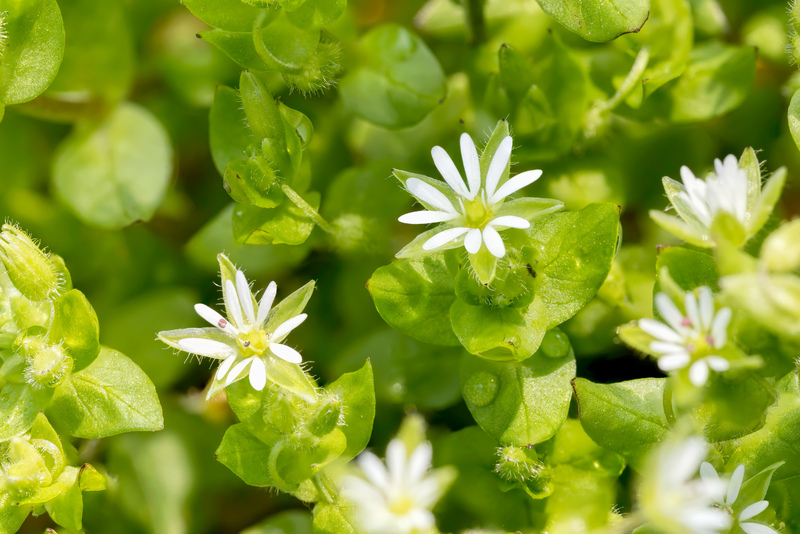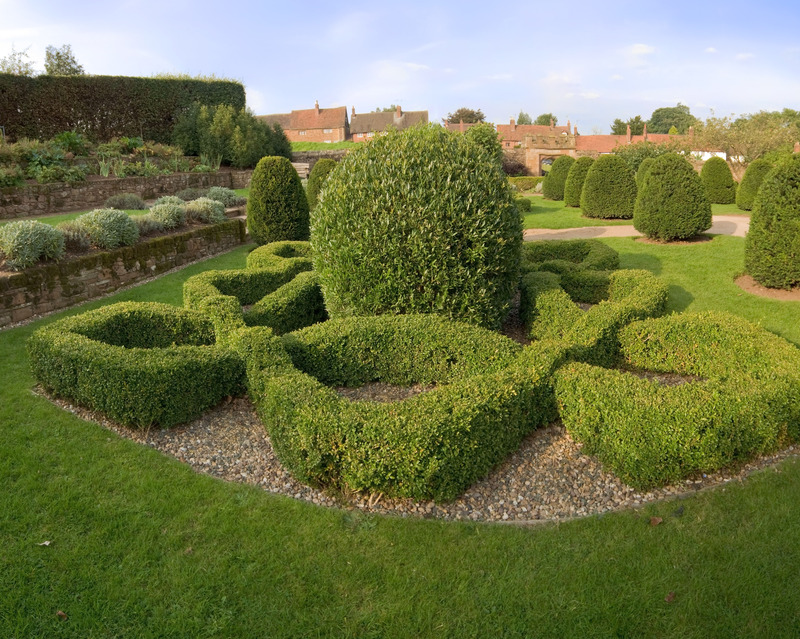What Garden Maintenance Entails
Posted on 05/08/2024
Gardening is a rewarding hobby that allows people to grow beautiful flowers and delicious vegetables. However, maintaining a garden requires regular attention and care. This article breaks down what garden maintenance entails, offering practical tips, pros and cons, takeaways, and a concluding thought.
Understanding Soil Health
The foundation of a thriving garden starts with healthy soil. Garden soil needs to be enriched with nutrients, properly aerated, and maintained at the right pH level. Regular testing and amendments like compost or organic fertilizers can contribute to creating the ideal growing environment.

Watering the Right Way
Watering is crucial for the well-being of your plants. It's important to know the specific water requirements for different types of plants. Over-watering or under-watering can both be detrimental. An efficient watering system, whether it's a drip irrigation setup or a soaker hose, can ensure that your plants get the right amount of moisture.
Weed Control
Weeds can quickly overrun a garden if they're not managed properly. Regular weeding is essential to keep these unwanted plants at bay. Mulching can also help suppress weed growth by blocking light from reaching the soil, thus preventing weed seeds from germinating.
Pest and Disease Management
Pests and diseases can wreak havoc on your garden. Identifying common garden pests and diseases early can make it easier to manage them. Organic pesticides, natural predators, and companion planting are some strategies to keep pests and diseases under control.
Pruning and Deadheading
Regular pruning and deadheading (removing spent flowers) encourage healthy growth and blooming. Pruning helps maintain the shape and size of your plants, while deadheading promotes continuous flowering.
Seasonal Maintenance
Different seasons require different types of garden care. Spring is the time for planting and mulching, summer focuses on watering and pest control, fall involves harvesting and preparing for winter, and winter is for planning and soil preparation for upcoming seasons.
Pros and Cons of Garden Maintenance
Pros
1. Health Benefits: Gardening is a great form of exercise and helps reduce stress.
2. Aesthetic Appeal: A well-maintained garden adds beauty to your home.
3. Fresh Produce: Growing your own fruits and vegetables assures you of fresh, organic produce.
4. Environmental Impact: Plants improve air quality and support local ecosystems.
Cons
1. Time-Consuming: Regular maintenance can be time-intensive.
2. Physical Labor: Tasks like weeding, digging, and pruning can be physically demanding.
3. Initial Costs: Starting and maintaining a garden can be expensive due to the cost of tools, plants, and soil amendments.
4. Pest and Disease Issues: Managing pests and diseases can be challenging.
Tips for Effective Garden Maintenance
1. Plan Ahead: Sketch out your garden design to optimize space and plant compatibility.
2. Use Quality Tools: Invest in good quality gardening tools to make maintenance tasks easier.
3. Stay Informed: Keep up-to-date with gardening techniques and tips by reading gardening books or joining online forums.
4. Hire Help if Needed: If you find the maintenance overwhelming, consider hiring a professional gardener.
5. Rotate Crops: This helps in preventing soil depletion and pest buildup.

Takeaways
1. Consistency is Key: Regular maintenance leads to a lush, thriving garden.
2. Know Your Plants: Different plants have different needs; understanding these is crucial.
3. Invest in Soil Health: Healthy soil is the cornerstone of a successful garden.
4. Manage Water Efficiently: Proper watering techniques are essential for plant health.
5. Address Issues Early: Early detection of pests and diseases can save your plants.
Conclusion
Garden maintenance involves a series of essential tasks that ensure the health and beauty of your garden. From understanding soil health to effective watering and pest management, regular attention can transform your garden into a lush oasis. Though it comes with challenges such as time and physical effort, the benefits--ranging from improved mental and physical health to the satisfaction of growing your own produce--make it worthwhile. With careful planning and consistent care, anyone can enjoy a thriving garden space.
Embrace the art of garden maintenance, and let your garden flourish!
Latest Posts
Creating a Serene Zen Garden Oasis
Perfect Mow Timing: How Often to Trim Your Lawn?



